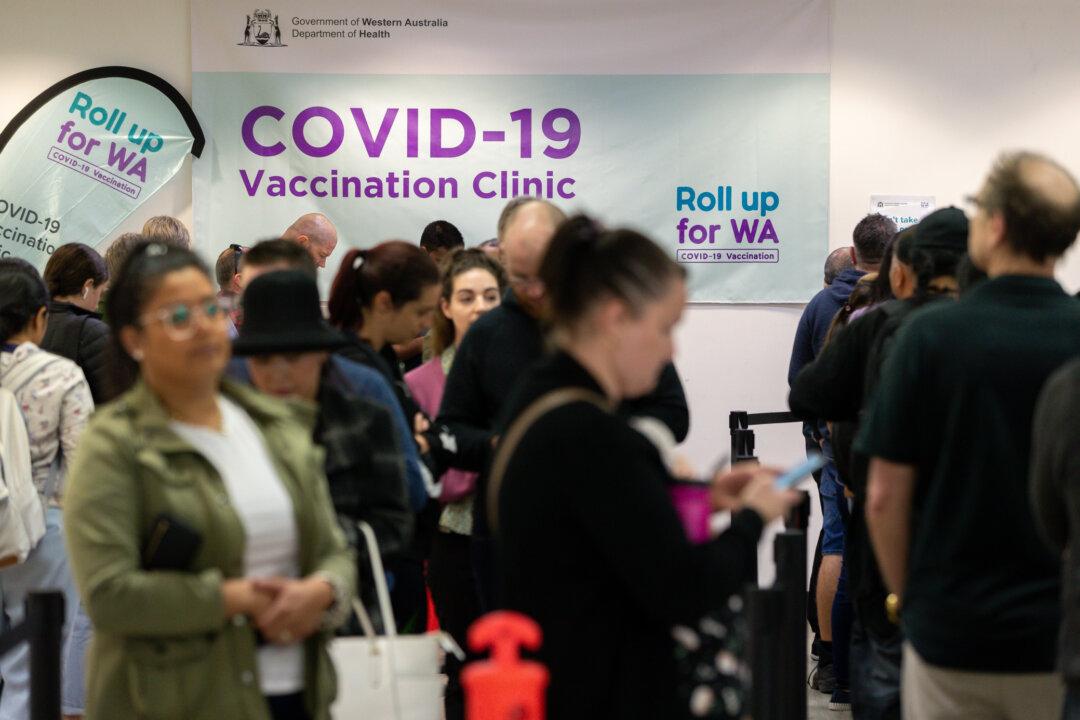Western Australia (WA) is trailing behind the rest of Australia in its uptake of the COVID-19 vaccine despite public information campaigns, improved vaccination accessibility, and industry mandates.
Three in ten West Australians aged 16 and over have not had a single dose of the available COVID-19 vaccines, and almost half of West Australians have yet to receive their second jab.





